Omicron variant of SARS-COV-2 virus - 7.7 times more virulent, but less severe
- 1350 просмотров
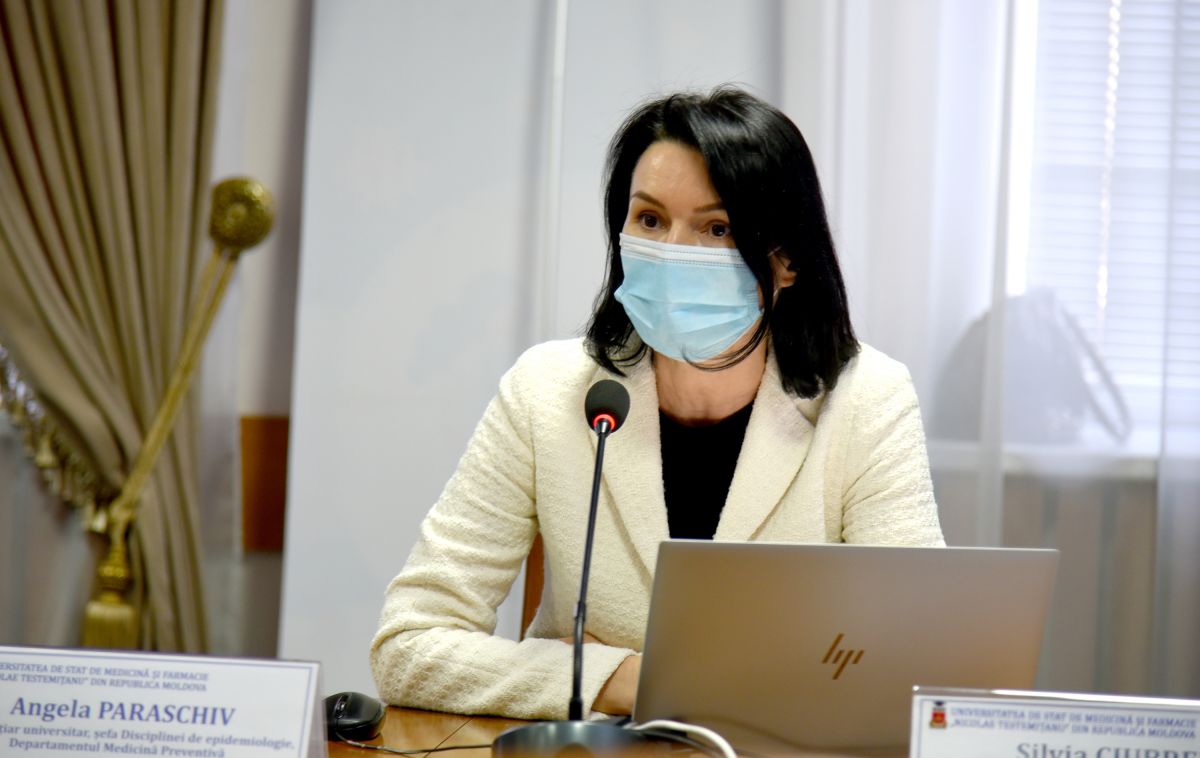 Omicron strain of the new type of coronavirus has also reached the Republic of Moldova, and recently the number of infections has been rising, which constitutes a major concern for health and population experts. It is estimated that a person diagnosed with Omicron infects 7.7 times more individuals, because this variant had more than 30 mutations, compared to the Delta strain - with 8 mutations. On the other hand, the data indicate that Omicron is 29% less severe than the first wave of COVID-19. This information was presented by Associate Professor Angela Paraschiv, head of the Epidemiology Discipline, Department of Preventive Medicine, at a press conference organized by Nicolae Testemitanu State University of Medicine and Pharmacy in the context of the communication campaign entitled "Together We Can Stop the Pandemic: Be the Voice of Your Community!”
Omicron strain of the new type of coronavirus has also reached the Republic of Moldova, and recently the number of infections has been rising, which constitutes a major concern for health and population experts. It is estimated that a person diagnosed with Omicron infects 7.7 times more individuals, because this variant had more than 30 mutations, compared to the Delta strain - with 8 mutations. On the other hand, the data indicate that Omicron is 29% less severe than the first wave of COVID-19. This information was presented by Associate Professor Angela Paraschiv, head of the Epidemiology Discipline, Department of Preventive Medicine, at a press conference organized by Nicolae Testemitanu State University of Medicine and Pharmacy in the context of the communication campaign entitled "Together We Can Stop the Pandemic: Be the Voice of Your Community!”
The expert has mentioned that the incubation period is shorter due to the rapid multiplication of the virus, the first clinical signs appear already on the third day after contact, symptoms including sore throat, fatigue, headache, dry cough, chest tightness, sinus pressure, rhinorrhea and nausea, while fever has been reported less frequently. Although few clinical descriptions of Omicron infections are available, it is clear that vaccinated patients experience milder symptoms of the disease.
At the same time, Pfizer-BioNTech expects to develop a specific vaccine for Omicron by March, in order to increase the level and duration of protection.
Based on these considerations, the Associate Professor considers it important to continue to comply with social distance and hand sanitation measures, while vaccination remains the most effective method of protection. (PPT: Particularitățile evolutive ale infecției COVID19 cu tulpina Omicron)
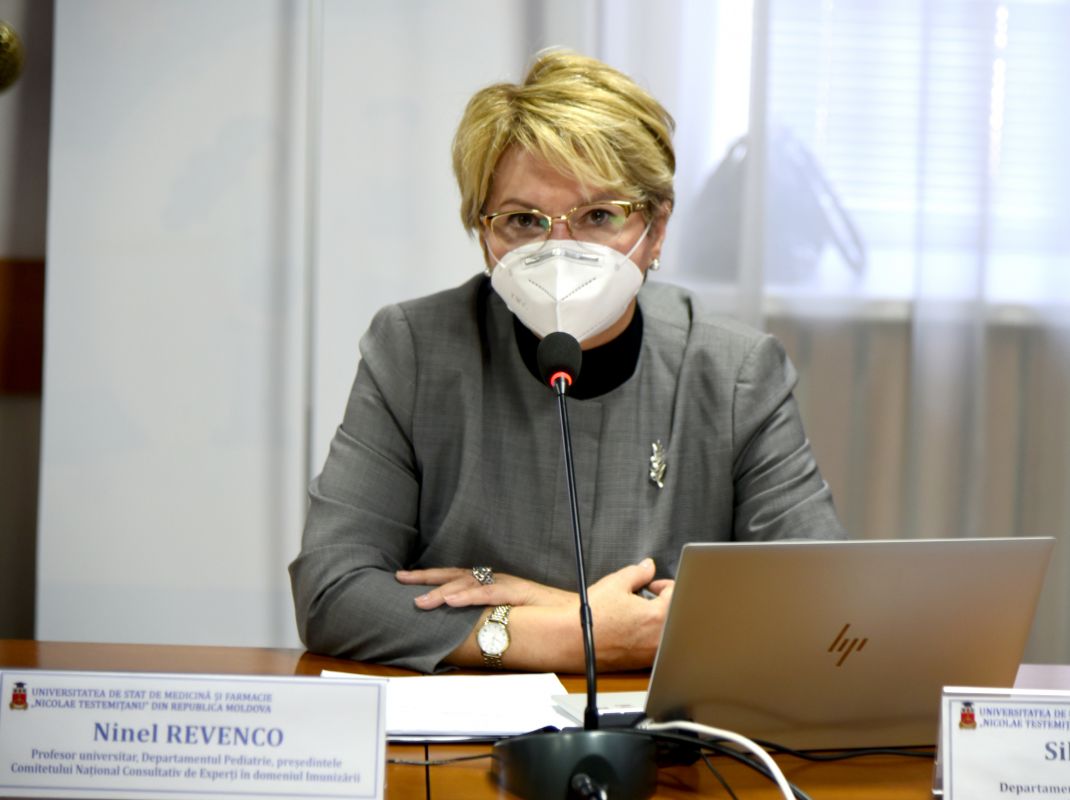 University Professor Ninel Revenco, Head of the Department of Pediatrics, Chairman of the National Advisory Committee of Experts on Immunization, has referred in particular to cases of illness among children, noting that so far in the Republic of Moldova, about 27 thousand cases of COVID-19 have been registered, of which 54 percent are adolescents over 11 years old - an age eligible for immunization. There are also 1549 cases of infection among pregnant women, and last year 14 women died, most of them unvaccinated. Pregnant women and nursing mothers have no contraindications to vaccination. Immunization of mothers leads to transmission of antibodies to their children, and this fact has already been scientifically proven.
University Professor Ninel Revenco, Head of the Department of Pediatrics, Chairman of the National Advisory Committee of Experts on Immunization, has referred in particular to cases of illness among children, noting that so far in the Republic of Moldova, about 27 thousand cases of COVID-19 have been registered, of which 54 percent are adolescents over 11 years old - an age eligible for immunization. There are also 1549 cases of infection among pregnant women, and last year 14 women died, most of them unvaccinated. Pregnant women and nursing mothers have no contraindications to vaccination. Immunization of mothers leads to transmission of antibodies to their children, and this fact has already been scientifically proven.
Clinical symptoms in children include gastrointestinal infections characterized by vomiting and diarrhea, muscle aches, headaches, fatigue, less often cough, fever and rash. Although in children the asymptomatic forms of the disease predominate, severe forms such as multisystem inflammatory syndrome, venous thrombosis, and persistent COVID-19 syndrome, which can last for more than four weeks, are also reported.
"We encourage parents and caregivers to protect their children through immunization, vaccines are safe and effective, and side effects are very rare. The benefits of vaccination have been demonstrated in clinical and preclinical studies, so it should be carried out as soon as possible, as this is the best way to protect us and stop this pandemic," stated Prof. Ninel Revenco.
In turn, Associate Professor Olga Buga, Department of Pediatrics, presented the results of several studies on people's perception of the vaccination process. Thus, studies show that the number of people who want to get vaccinated has increased over the last year, but many persons are still hesitant and that is why there is a need to continue the vaccination information campaign. Globally, 59.6% of the population received at least one dose of COVID-19 vaccine, with a total of 9.57 billion doses - an average of 35.74 million doses per day. At the same time, only 9.5% of the population of low-income countries has been immunized with at least one dose of vaccine.
More than 732 million people have been vaccinated against COVID-19 in European Union countries. More than 70 percent of EU respondents say vaccination is the only way to end the pandemic, and the reluctance of those who refuse immunization for the time being is related to concerns about health risks, possible side effects, rapid development of vaccines, etc.
In the Republic of Moldova, so far 1.8 million doses have been administered, the national coverage being just over 30% of the total population. The highest level of vaccination is registered among the elderly (60-80 years). Also, most of the immunized people are from Chisinau and the Transnistrian region, and the fewest - from Gagauzia. (PPT: Evoluția procesului de vaccinare la nivel internațional și in Republica Moldova)
Preluarea informației de pe site-ul USMF „Nicolae Testemițanu” poate fi efectuată doar cu indicarea obligatorie a sursei și a linkului direct accesat pe www.usmf.md.

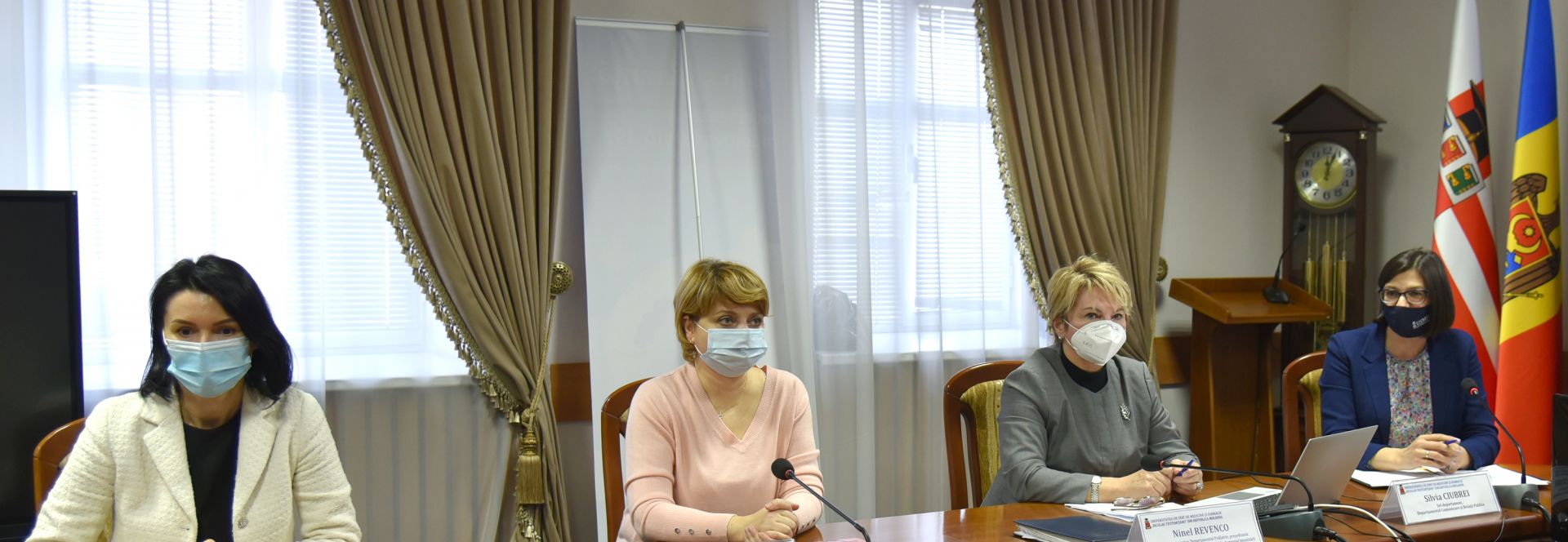
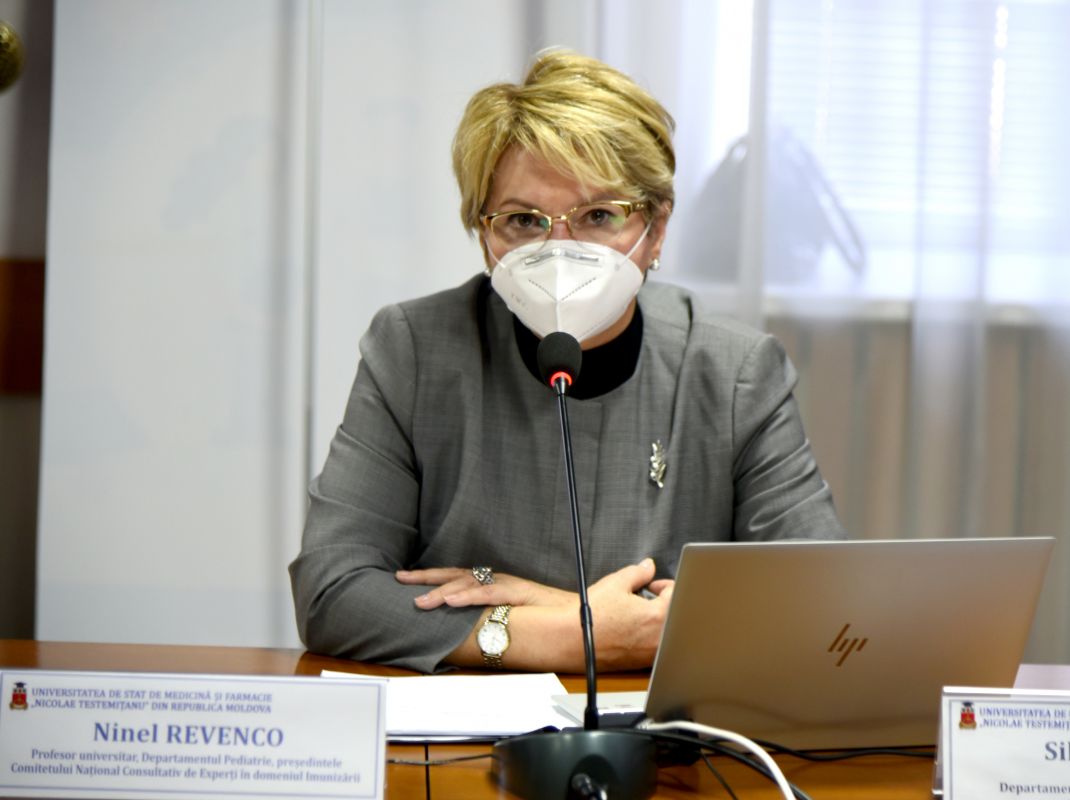
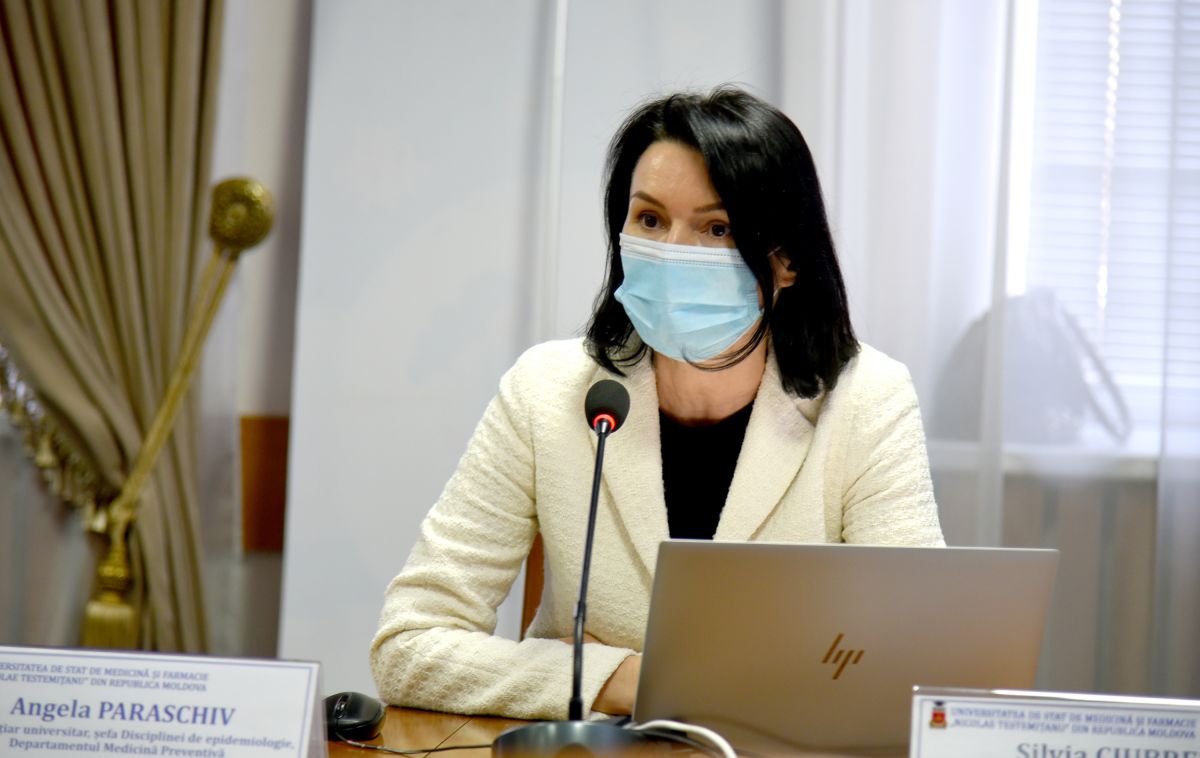
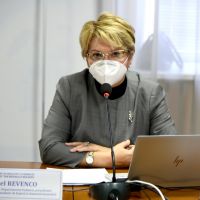

Comentarii